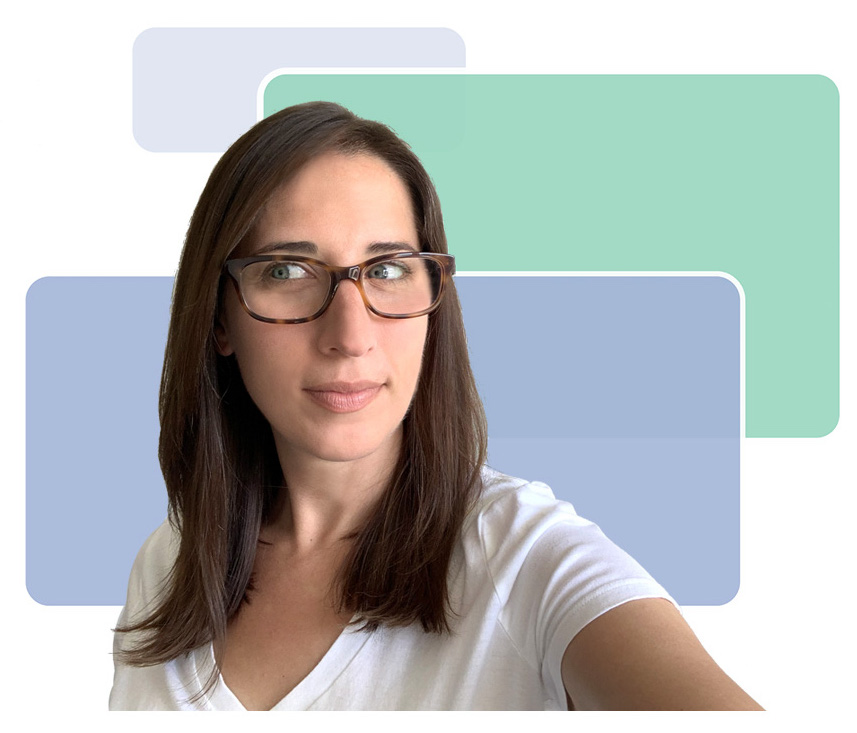Real talk about planet-saving careers

Want to use your job to save the planet? Degrees is your podcast community for green job mentors, insight into new and growing careers, advice to calm your climate anxiety, and actionable conversations to make a meaningful impact.
Season 6 episodes
-
Katharine Hayhoe on how to start climate conversations
ListenJoin us as climate communication rock star Dr. Katharine Hayhoe shares her journey learning how to talk about climate change across political, emotional, geographical, and generational divides.
-
How to land one of the millions of new clean energy jobs
ListenBetony Jones directs the federal Office of Energy Jobs, where a hallmark of her career has been finding climate solutions that provide good union jobs. In this episode, she'll guide you to where those jobs are and how to get one.
-
How to green your faith communities with Rev. Dr. Ambrose F. Carroll
ListenOn this episode, we take a deep dive with a pastor at the forefront of a movement to "green the church" — particularly the Black church. Join us as he shares his journey toward seeing himself as a steward of the planet and a faith leader.
-
The climate fight at the heart of the PR industry
ListenPR and marketing expert Solitaire Townsend talks combating the fossil fuel machine by applying sophisticated storytelling strategies to sustainability.
-
Sustainability job coach Shannon Houde answers your career questions
LIstenOn this Degrees hotline episode sustainability job coach Shannon Houde tackles your job-seeking challenges and guides you through the frustrating and exhausting parts of the search.
-
Hollywood's Scott Z. Burns on making climate change central to storytelling
ListenDegrees guest Scott Z. Burns intends to be part of climate action, and he’s using his prolific storytelling talents to both entertain and inspire others to do the same.
-
From mud cakes to high stakes with Youth Climate Collaborative’s Pooja Tilvawala
ListenJoin us as Pooja, climate justice activist and youth engagement expert, reflects on her journey to participating in some of the most important climate convenings of our time.
-
Eco-anxiety is fueling a new green career: Climate psychology
ListenDegrees guest Rebecca Weston says that all of the feelings you have about climate change can be "mobilized" into action on personal and community levels.
-
Creating zero waste in the hair care industry
ListenJoin us on Degrees as we take a trip with Ciara Imani May to understand how she came up with her idea for plant-based hair extensions and transformed it into a product that’s positively impacting people and the planet.
-
How a punk-rocking paralegal harnessed employee power to green Microsoft
ListenDrew Wilkinson’s story is a top-notch lesson in forging your way into a planet-saving career. He took what he already knew how to do and applied it to greening his workplace.
Year of the climate job miniseries
In this five-part miniseries, Daniel Hill helps get you unstuck with the best advice from the movers and shakers in the green workforce landscape. They share creative, practical ways to land a job and build a career in climate work.
-
How to build your climate experience with Terra.do founder Anshuman Bapna
ListenBapna shares strategies for confronting daunting green job descriptions, gaining new skills, building your portfolio, and letting employees know that you have the drive and ability to learn on the job.
-
Transfer your skills to a green job with Work on Climate’s Eugene Kirpichov
ListenKirpichov shares with Daniel Hill how you can take stock of your skills, which are likely far more climate-ready than you realize.
-
How to network with purpose-driven LinkedIn expert Nick@Noon
ListenHow can you make your green job search more enjoyable AND more effective? Get just the right hacks from TechChange CEO and founder Nick Martin, who teaches purpose-driven jobseekers how to build relationships.
-
How to green any job with Project Drawdown's Jamie Beck Alexander
ListenAccording to Alexander, “every job is a climate job.” As director of Drawdown Labs, she's pushing for every company on the planet to fight climate change.
Previous episodes
Yesh and her team searched high and low to bring you a-maz-ing guests. By hearing their stories, you’ll find advice and inspiration to guide you on your own purpose-driven journey to find a green job.
-
How Heather McTeer Toney is redefining climate action for the next generation of leaders
ListenHeather McTeer Toney is leading a movement to ensure that everyone can be part of the green jobs of the future. Listen to this episode, and you'll see opportunities you never imagined.
-
The future of climate-smart ag and the hot politics of your dinner plate
ListenWant to fix our food system – and take gigatons of emissions out of it? Yesh gets the lay of the land from award-winning food policy journalist Helena Bottemiller Evich.
-
How to solve the EV problem and a jobs problem at the same time
ListenYesh chats with Kameale C. Terry about ChargerHelp! — a business focused on repairing broken charging stations — and how its success rests upon the ability to train a new EV workforce.
-
Tracking jaguars with a toddler: Introducing Going Wild with Dr. Rae Wynn-Grant
ListenDr. Wynn-Grant travels to Panama to study endangered jaguars in the rainforest — with her toddler in tow — and shares her experience.
-
How to get a job investing millions in planet-saving tech
ListenWith the climate tech investing space growing fast, many are looking to get involved. Yesh chats with Mia Diawara about navigating to a career in climate tech investing, plus more.
-
The jobs of the future to fight wildfires
ListenYesh talks with US Forest Service research ecologist Frank Kanawha Lake about how he's bringing Indigenous ways of knowing to managing fire into the 21st century.
-
Building a Black community for green jobseekers
ListenThe environmental workforce remains overwhelmingly white. But not if Wes Gobar of BlackOak Collective can help it. Yesh talks with him about his journey.
-
The woman greening the golden arches
ListenCan you use your MBA to save the planet? Yesh teams up with Mike Toffel of Climate Rising to ask the chief sustainability officer at McDonald's, Jenny McColloch.
-
How a psychology major is on the frontlines of decarbonizing a global industry
ListenYesh talks with Christie Gamble, Senior Sustainability Director at CarbonCure, a company that’s on a mission to decarbonize the concrete industry.
-
The fastest electric vehicle fleet makeover in the west
ListenYesh talks with the ebullient Gilbert Blue Feather Rosas, who raised millions of dollars to bring electric buses to one of America’s biggest school districts.
-
10 ways to save the planet
ListenYesh goes deep into the job opportunities of the future with Ryan Panchadsaram, co-author of the book Speed & Scale, an action plan to get global emissions to zero by 2050.

Check out our bonus series: Land a Green Job 101
Meet Yesh
Yesh Pavlik Slenk, host of the Degrees podcast, manages EDF’s Climate Corps alumni network of more than 2,300 sustainability and energy management professionals worldwide.
By day, Yesh works to leverage the network as a tool for facilitating lifelong learning and professional connections that empower members to create impact across industries. She oversees national network events and professional development opportunities to facilitate collaboration, share innovative ideas and advance climate actions.
By night, Yesh is a dance-party loving wife, and mother of a goofy toddler. She is deeply pleased by a bag of gummies, a glass of wine and nature documentaries.

Credits
Degrees is produced by Podcast Allies, a story-driven podcast consulting, production, and training company serving nonprofit leaders. A woman-owned agency, Podcast Allies was founded by journalists in 2019. The team has decades of experience in public radio and working with top podcast networks, including NPR and Wondery.
Degrees artwork is by Bee Johnson, an award-winning illustrator who has created art for The New York Times, The Washington Post, The Boston Globe, and National Geographic and book covers for HarperCollins and Penguin Random House, among many others.
Degrees' theme music is by the amazing band Lake Street Dive. Check out their powerful video and song about climate change called Making Do, on the album Obviously. We interviewed the band on music, activism and bravery to learn more about their inspiring work, and got an Instagram glimpse of life on tour with an awesomely talented and conscientious band.




































